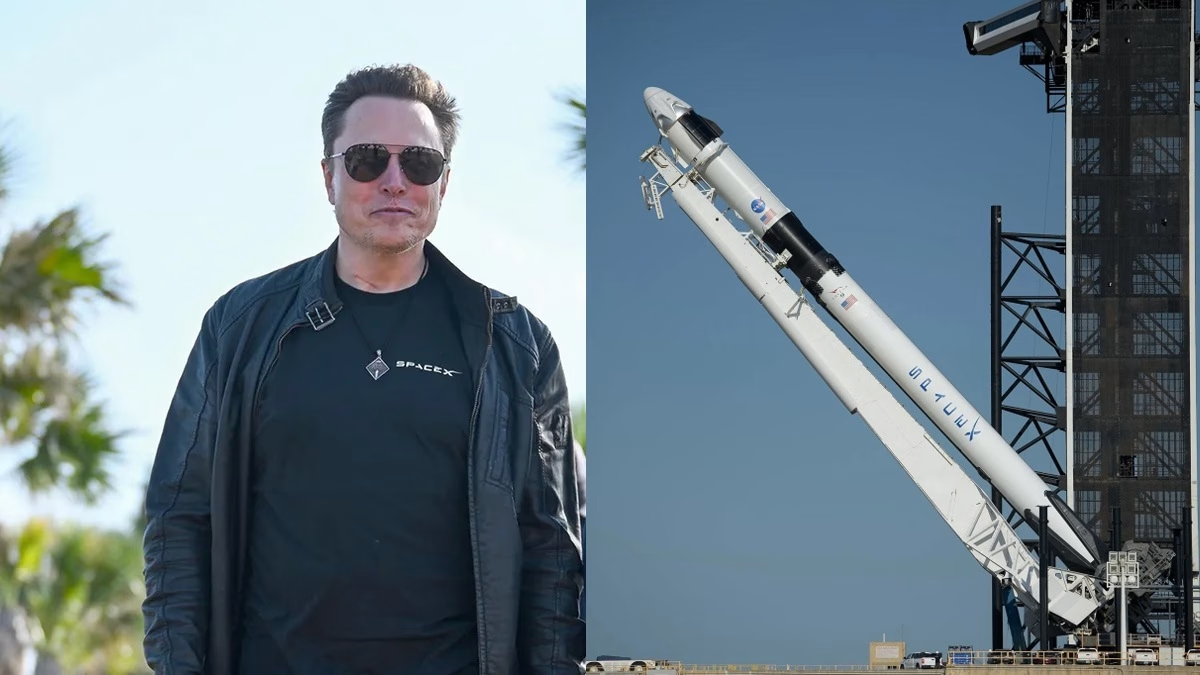By Don Terry & Mary Jones | Saturday, March 22, 2025 | 3 min read
Elon Musk is the driving force behind some of the most groundbreaking tech ventures of our time—Tesla, SpaceX, Neuralink, and The Boring Company. Yet, one question about him continues to spark debate: Is Elon Musk truly an engineer, or is he more of a big-picture thinker with the resources to turn his ideas into reality?
At SpaceX, Musk holds the title of “chief engineer,” which might seem to settle the argument. But let’s be honest—when you own the company, you can call yourself whatever you want. The real question isn’t about titles; it’s about whether Musk is actively involved in the engineering process or if he relies on a team of experts to execute his vision.
To answer this, we need to look at his background and his level of hands-on involvement. The short answer? He’s not an engineer in the traditional sense. Musk holds degrees in physics and economics from the University of Pennsylvania, but he never earned an engineering degree. That said, he’s far from clueless. A self-taught programmer who sold his first video game at 12, Musk has always been deeply immersed in science and technology. But does being self-taught make him an engineer? That’s where opinions diverge.
As one critic put it, “He’s not sitting at a desk creating CAD models or running simulations. He asks the right questions and makes high-level decisions, but that’s not the same as being an engineer.” While Musk may not be crunching numbers or drafting blueprints, he’s known for diving into technical details, absorbing information from experts, and pushing his teams to achieve what seems impossible.
This is where the debate gets interesting—and heated. Many engineers who’ve worked with Musk attest to his deep technical knowledge. Former SpaceX employees have described him as deeply involved in technical discussions, challenging design choices, and insisting on understanding the minutiae. As one insider noted, “He’s not writing code or designing circuits, but he understands the underlying physics better than most people in the room.”
This aligns with Musk’s well-documented approach to problem-solving: first principles thinking. Instead of accepting conventional wisdom, he breaks problems down to their most basic truths. For example, when SpaceX faced skyrocketing rocket costs, Musk didn’t just accept the status quo. He asked, “What are the raw materials that make up a rocket, and how much do they actually cost?” This mindset led to the development of reusable rockets, revolutionizing the aerospace industry.
Still, not everyone is convinced. For some, the title of “engineer” isn’t something you can claim without formal qualifications. In fields like civil engineering, for instance, degrees and licenses are non-negotiable. To these critics, Musk’s self-proclaimed engineering role feels like a stretch.
So, is Elon Musk an engineer? It depends on how you define the term. If you believe engineering requires a formal degree, a license, and hands-on design work, then no—Musk isn’t an engineer. He’s a visionary leader with a strong grasp of technical concepts. But if you see engineering as the application of scientific knowledge to solve real-world problems, then yes, Musk fits the bill.
Perhaps the most accurate way to describe him is this: He’s not the one building the rocket, but he’s the reason it gets built. At the very least, Elon Musk is an engineer of ideas—a thinker who reshapes industries by challenging the impossible and inspiring others to make it happen.



